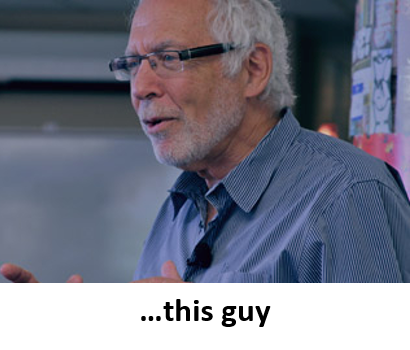Posted by Adam Thompson on the 16th October 2017

A recent study compared a couple of different ways of organising a production environment.
Both groups had 40 employees. The first group had seven types of roles and was divided into 14 subgroups, with coordination, integration and continuity of the work being the responsibility of management.
The second group coordinated itself. They had the same roles as the first group, but they decided themselves who would rotate to what tasks and which shifts they would work.
Here’s the findings:
- Second group demonstrated a much higher standard of workingship – tidier workspace, hardware well maintained, whereas the first group was more….sloppy
- The second group spent 0.5% of their time on ‘non-productive ancillary work’, the first group 33% (yep!)
- The second group had 60% less absence from the workplace, be it sickness, accident or no reason at all.
- And in terms of production….the second group produced 50% more than the first. 50%! Or to put it another way, the first group was at 78% of potential, the second at 95%.
What’s the study?
Well…I have to come clean. By ‘recent’, I was more on a geological timescale. The study was conducted in the 1950s.
Two hundred kilometres southwest, teenager John Lennon hadn’t even formed the Quarrymen, let alone the Beatles.
The production wasn’t software development. It was coal mining. In Durham, UK. The work was getting the coal from long walls. Fun stuff.
You can read about it in Gerrit Broekstra’s book Building High-Performance, High Trust Organizations.
You see, the results on this stuff are in – when people have some sort of control/autonomy/authority over their own work….things are better. We don’t need further studies on this, and if you just ponder anything in your own work life where you’ve felt totally into it…I’m sure these conditions were there.
So, here’s some thoughts on what we’re seeing here, and in similar studies and examples of self-managing enterprises: Read more…







